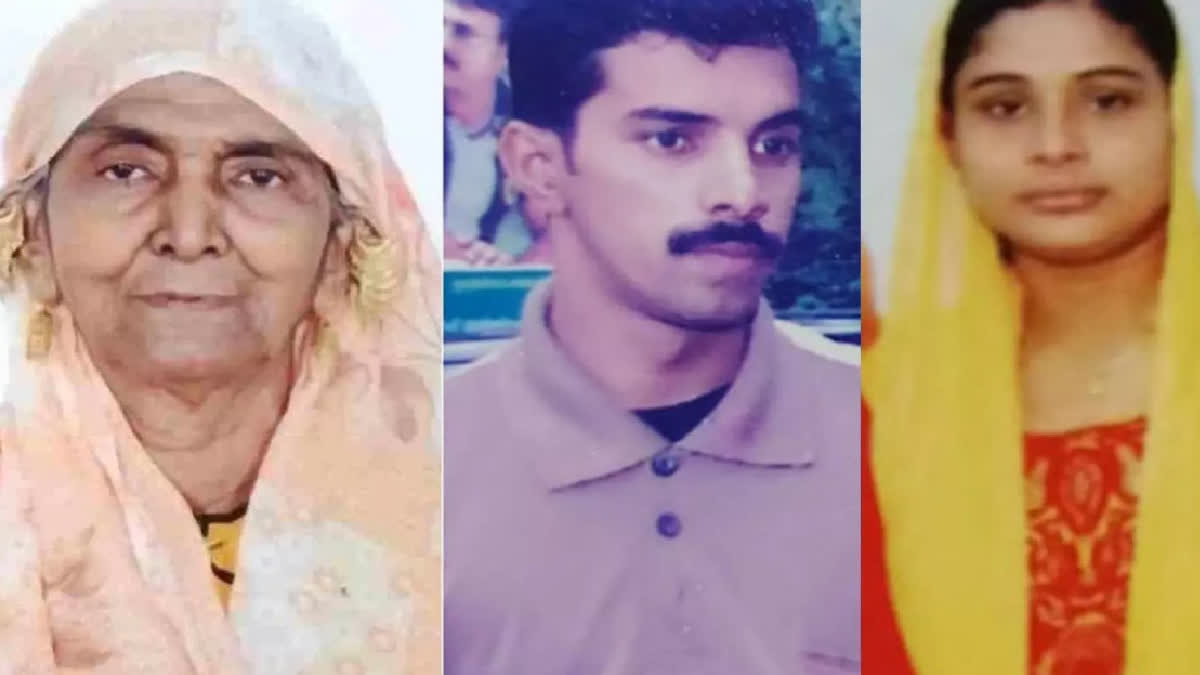Palakkad: A man and his wife in Kerala have been sentenced to life imprisonment for poisoning his grandmother by mixing poison in her fasting porridge in Palakkad. The cold-blooded murder of Nabeesa, 71, by her daughter's son Basheer (45) and his wife Faseela (36) in the month of Ramzan, a holy occasion for devout Muslims, who carry out fasts as a means of spiritual cleansing and purification the world over, had earlier sent shockwaves in the southern state in 2016.
Judge Jomon John of the Mannarkad Scheduled Castes - Special Court sentenced Basheer and Faseela to life imprisonment. The prosecution had demanded the death penalty. However, the accused Faseela and her husband Basheer told the court that she only has a 12-year-old son and that the court's verdict would affect his life.
Basheer and his wife, who were thrown out of the house following a dispute over the loss of gold ornaments, poisoned Nabeesa and killed her. Nabeesa was killed on June 23, 2016. Nabeesa, who had reached her relative's house in Nottamala, Mannarkad, was first taken to their rented house in Nambiyamkunnu by Basheer and Faseela. Thereafter, they mixed poison in her food and then forcibly poured the poison into her mouth.
Nabeesa's body was found in Aryambavu, Chettikkadu near Mannarkad on the morning of June 24. A suicide note and phone were found in a bag near the body, making it look like a suicide. However, the truth was revealed after an in-depth investigation.
Speaking to the media after the verdict, Special Public Prosecutor P. Jayan highlighted the critical role of forensic science in securing the conviction. Jayan emphasised on circumstantial and scientific evidence that helped compensate for the absence of direct evidence in the case. "During the forensic examination, police collected the hair of the deceased found at the crime scene. It was the same as the hair collected by the doctor during the postmortem," he explained. Additionally, it was established that the poison found in Nabeesa's stomach was identical to the substance she was forcibly made to ingest.
The defence in the case had claimed that Nabeesa's death was a suicide, citing a fake suicide note purportedly written by the victim. However, Jayan highlighted that medical evidence refuted this claim. "The doctor explained the critical difference between voluntarily consuming poison and having it forcibly administered. In Nabeesa's case, the presence of poison in her lungs indicated it was not consumed willingly. The court concluded that the poison was brutally poured into her mouth," said Jayan.
All the circumstantial evidence presented during the investigation was linked together, leading to the conclusion that it was a murder, not a suicide. "The incident occurred during Ramzan, and Nabeesa first went to her house in Chirakkalpadi to break her fast in the evening. She was then picked up by the said relatives from Mannarkad while returning. Shopkeepers along the route identified the items she had bought, further corroborating the timeline of events," the prosecutor added. These details, combined with forensic evidence, helped build a strong case against the accused.



